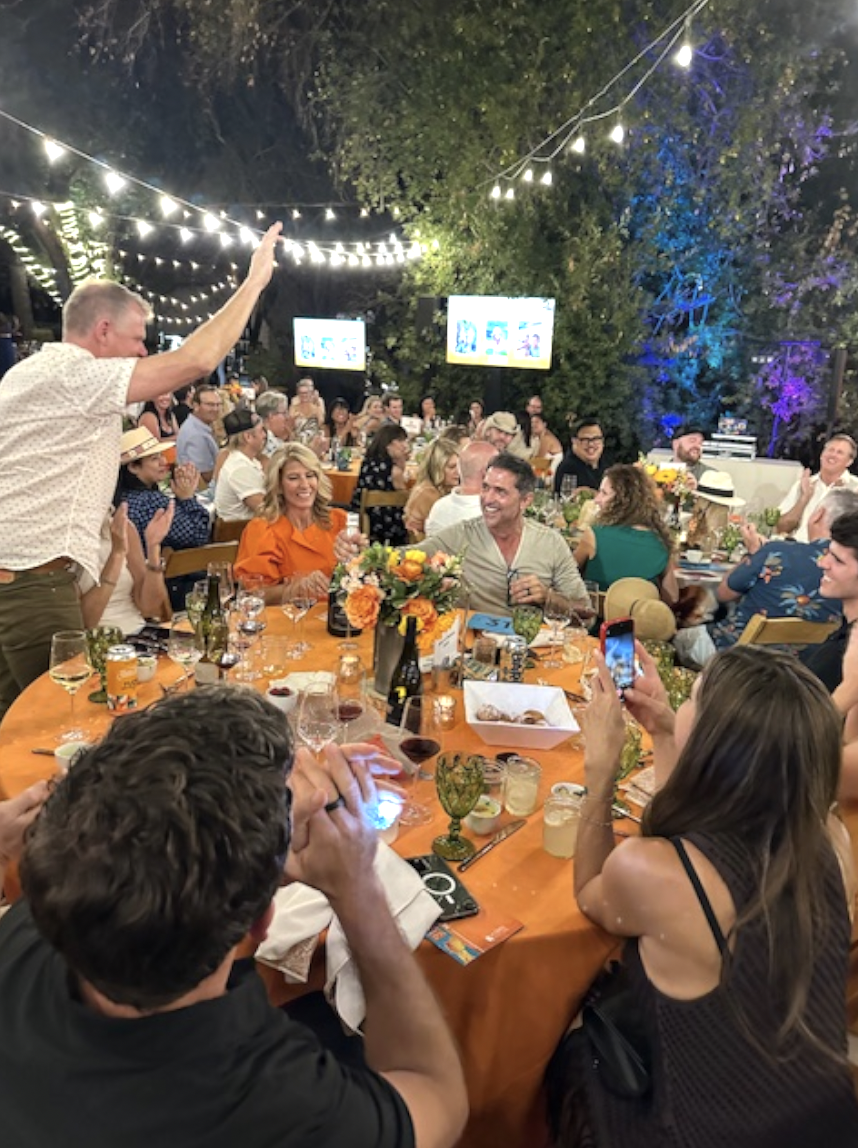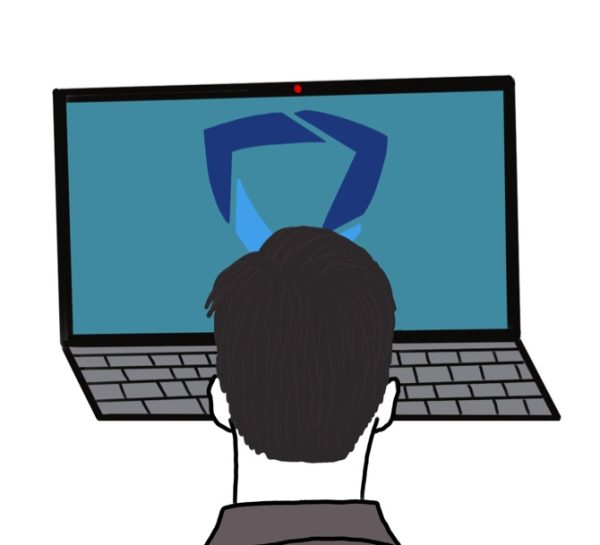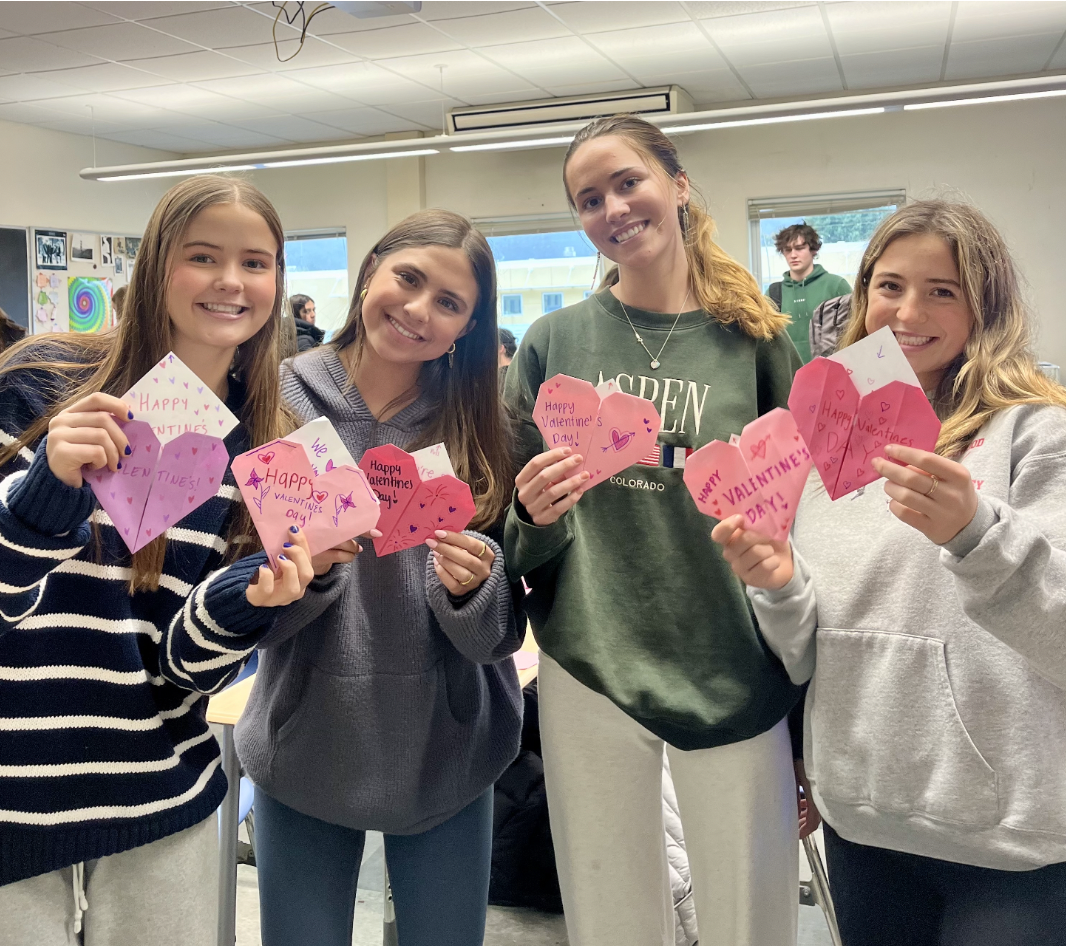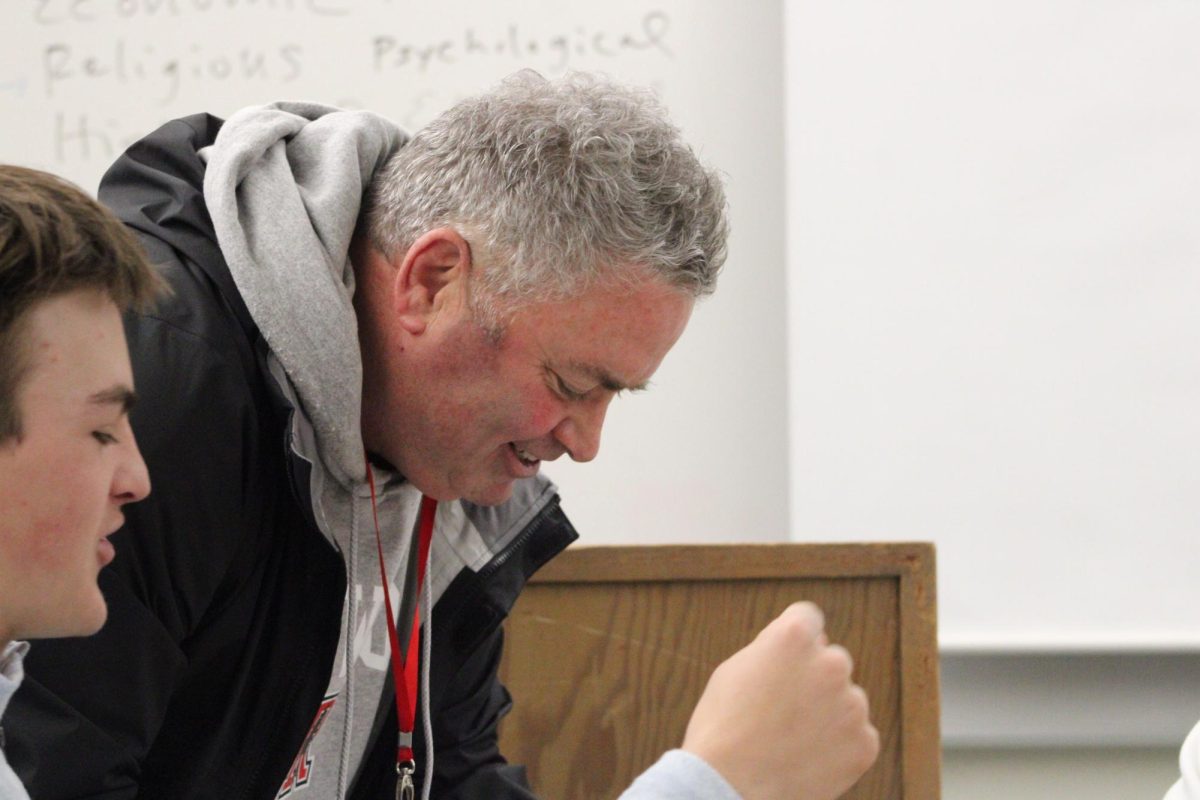After hours of searching, practically crawling, through dense woods and repeatedly calling the names of the missing elderly couple, senior Quincy Webster found Ian Irwin and Carol Kiparsky alive. The couple went missing on Valentine’s Day near Bodega Bay and remained lost for eight days before Webster discovered them. They were found lying on the ground and holding hands, dehydrated, starving and suffering from hypothermia. According to Michael St. John, an adult Marin Search and Rescue volunteer and mentor to Webster, this was a life-saving find.

Following the rescue, St. John helped shuttle Webster to two press conferences, four television interviews and six phone interviews. Webster received recognition for his success as a youth volunteer for Marin’s Search and Rescue team (SAR) with features in a number of renowned publications such as CBS News, ABC7 News and CNN.
However, Webster’s accomplishments span far beyond just this February. He has dedicated over 1,500 hours of volunteer work for SAR and has participated in the rescues of over 20 missing people.
“That’s one of the most rewarding things: seeing the family [of the people we rescue]. We had a search in Brentwood two weeks ago, and we found [the missing person]. When we told [the family] that we’d found him alive, they were just so happy,” Webster said.
Though finding survivors is the goal, Webster has also recovered those who did not make it long enough to be rescued.
“On my very first search, I was up near Muir Beach at 2 a.m. searching for someone. It was a unique experience, being out [that late] looking for someone and then going to school the next day like everything was normal,” Webster said. “We did find them later. Unfortunately, they had killed themselves. I’ve been on several searches where we have found suicides, which are always unfortunate. Especially the hangings.”
It is not an easy task to find someone who has died, but Webster knows he is bringing a sense of closure to the families of the victims and to his team.
“Even if they’re dead, we want to know what happened,” Webster said. “[We] feel sad, but [we’re] still helping them. Even when you find [someone] deceased, the family is super grateful because [we] give them closure.

Because of his dedication to SAR, Webster now holds the highest leadership position available for youth members: team leader. He began as a cadet probationary in 2017, then surpassed two other rankings to reach team leader. This ranking is not awarded by seniority, but by merit; Webster had to complete several online courses, pass skill tests, work in the command post and attend a multitude of searches to earn the position. In addition to helping the team through his leadership roles, Webster supports the backbone of the team by stepping up to do the monotonous work. As technical rescue equipment coordinator, Webster manages the team’s ropes, litters and other rescue hardware, which means inspecting regularly and replacing something if it is damaged. Webster has impressed many volunteers around him with his worth ethic, including St. John.
“Quincy is one of those people that takes on more leadership and project management responsibility than youth members or even adult members…We’re actually in a very busy period of missions in the last couple of weeks, almost record-setting, and he’s been able to make it to a number of those,” St. John said.
Senior Anya Cutter joined SAR with Webster in 2017, and has admired his determination and work ethic from the start.
“One time, we spent three hours washing ropes. [Webster is] always willing to do stuff like that. When you’re signing up for SAR, they don’t exactly tell you that in addition to flying in helicopters and going on searches, you also might spend three hours washing ropes. He’s incredible at doing both,” Cutter said.
Despite the confidence and leadership skills he bears today, Webster was much more reserved when he first joined the team. He has since shedded this trait and attributes much of this to SAR.
“[SAR] has changed me so much. I’ve never particularly had a problem with public speaking, but I didn’t get nervous talking on national media, and I think a large part of that is because of SAR. I didn’t use to be very social at all freshman and sophomore year, but junior and senior year I’ve been a lot more [social], and a lot of that is because of SAR. I think I’ve become a much better leader. SAR has given me so many useful life skills aside from being able to provide medical assistance or rescue someone. It gives us a ton of skills in terms of youth leadership and confidence,” Webster said.
Though his shyness has dissolved, Webster’s excitement for SAR has remained constant.
“I always drive out to a search with a lot of adrenaline, super excited. Oftentimes, we’ll be out there for like 10 or 12 hours searching. And it’s long,” Webster said. “I’m always exhausted by the end of the day, but ready to go back.”







!["I knew I wanted to be a writer. I wasn't a good student [at Redwood], but I wanted to be a writer, and I wanted to paint. I'm self-taught in all of it, which gave me an original voice," Paige Peterson said. (Photo courtesy of Paige Peterson’s website).](https://redwoodbark.org/wp-content/uploads/2025/02/ppeterson.png)





